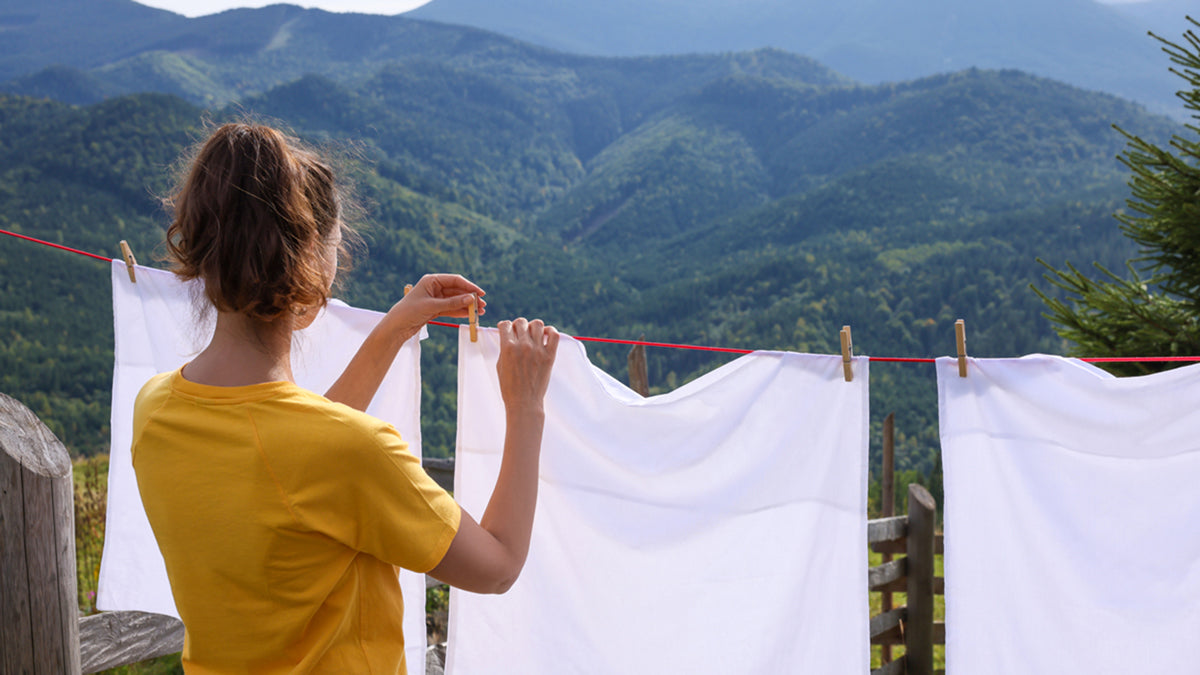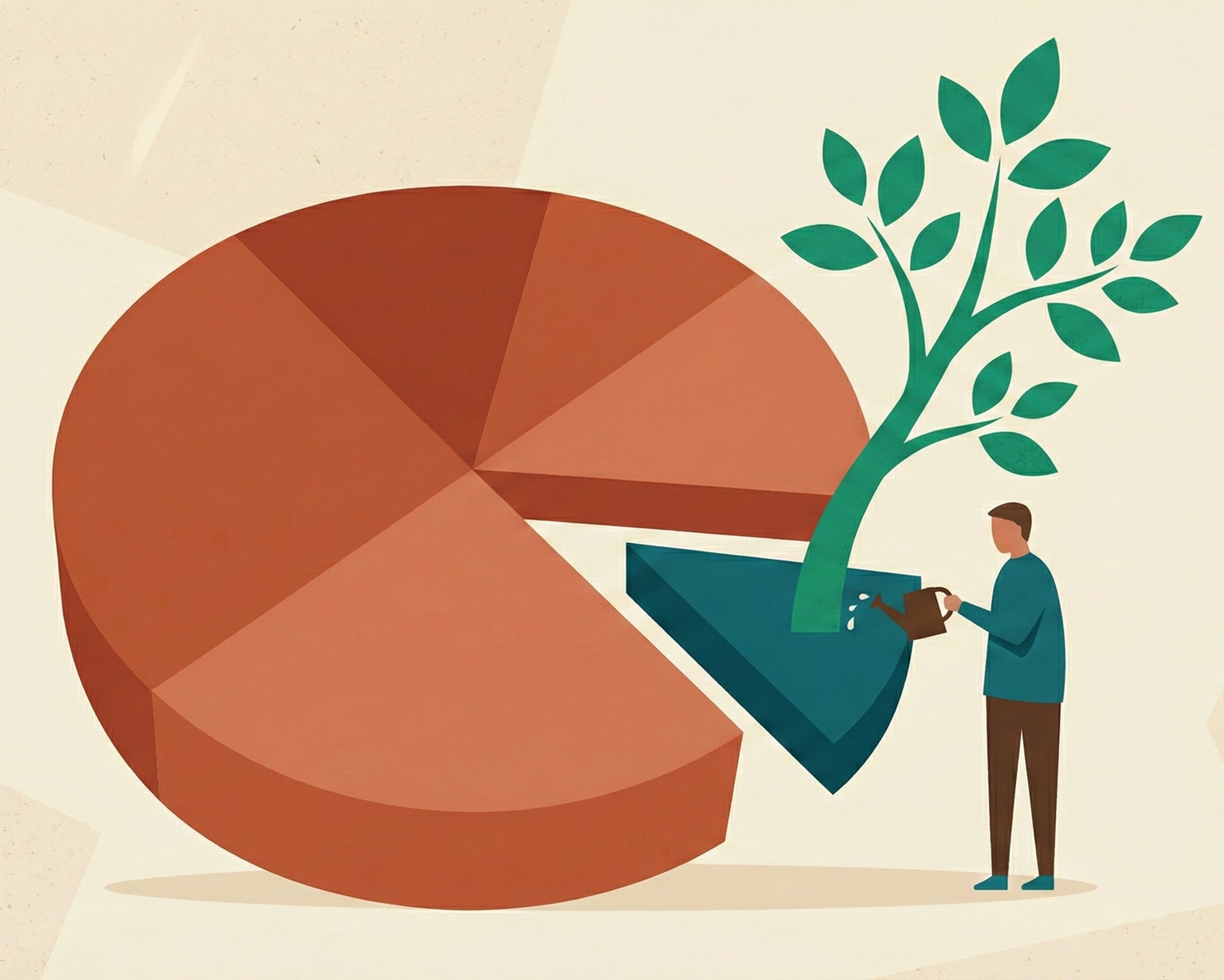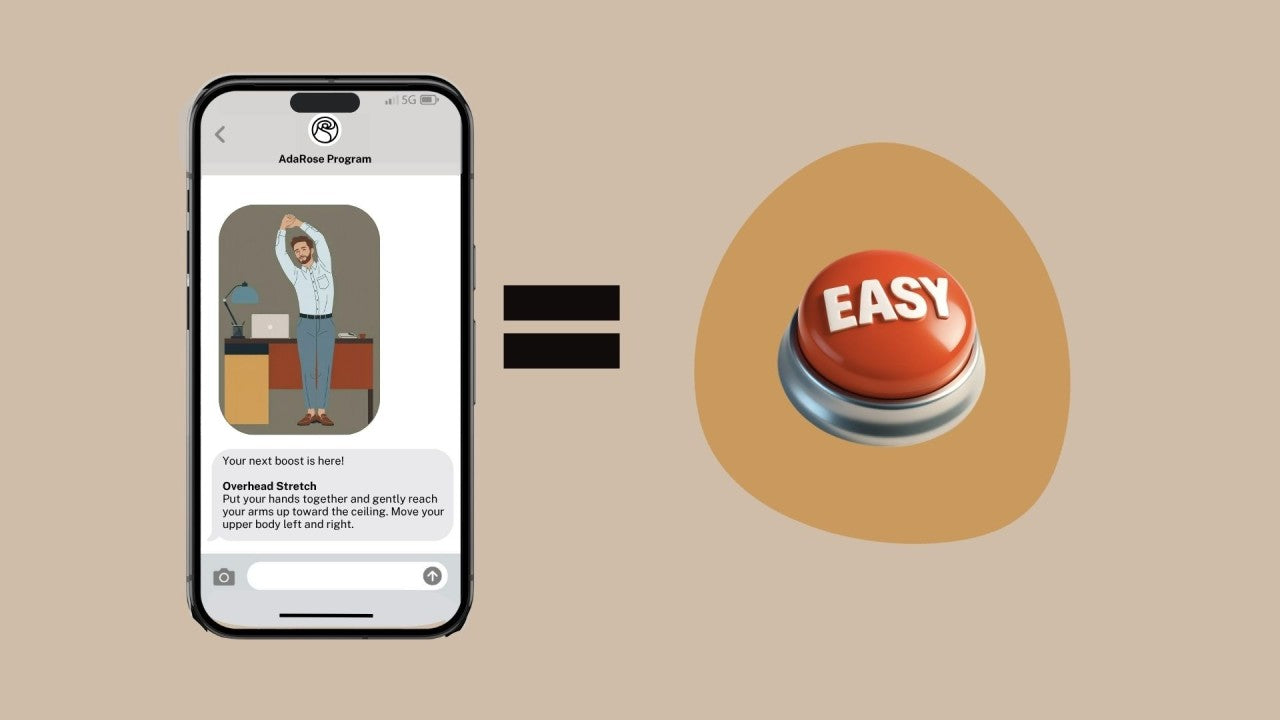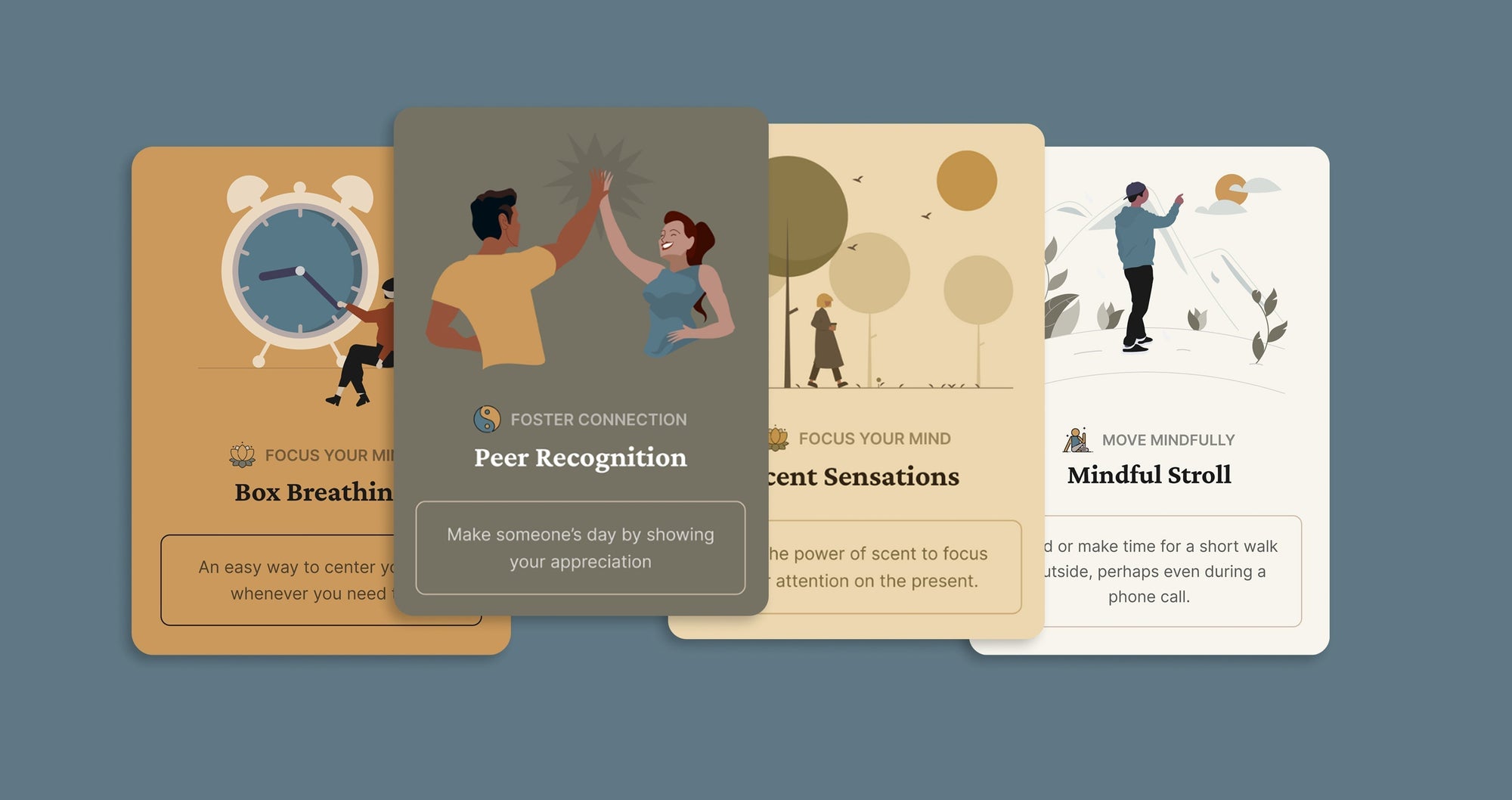According to scientists, the 2010's and 2020's have seen the hottest summers on record. This is a big problem, not only because it's a sign of climate change, but because it forces growing populations to use up lots of energy while trying to stay cool, grow enough food, and generally live comfortably.
Regardless of the season, if you live in a developed country, then your home likely uses up lots of electricity and water. Of course, some of this is necessary to keep everything running smoothly, yet there are plenty of ways to cut back that many people aren't aware of.
What are some energy saving tips that you can put to good use over the summer? Let's take a look below at clever hacks for your home, garden, and more.
Ways to Make Your Home More Efficient in the Summer
Air Conditioning Tips
You've probably noticed that your utility bills tend to go up when it's hot out (except for your oil bill, which is used for heating). That's because air conditioning is a major source of electricity cost, especially when it's running on a high setting around the clock.
How can you make your home more energy efficient in the summer? Start by doing everything you can to regulate the temperature inside of your house without cranking up the AC. Here are some energy saving tips for cooling your home:
-
Keep your home cool but not too cold—around 70°F to 75°F.
-
Close all the windows when cooling systems are on.
-
Shut the AC off when you're not home. Consider getting a wi-fi enabled thermostat that lets you control the temperature from a distance, or pre-program it to fit your schedule.
-
Only cool parts of your home where you're spending time, such as your bedrooms overnight, but not the entire house.
-
Use fans instead of the AC whenever possible, since fans require much less energy but have a natural cooling effect.
-
Close all blinds when possible to block out heat-producing light.
-
Use a dehumidifier when it's humid out, which makes your AC's job much easier.
-
Maintain air conditioning units so they operate efficiently without wasting energy.
-
Clean air filters and vents so they don't become clogged.
-
Keep any furniture and drapes away from vents so that cool air is not blocked and wasted.
-
Prevent air leaks, such as those caused by gaps around windows or doors.
If you have central air conditioning, it's a good idea to have a professional visit your home for maintenance every couple of years. A technician can check that all parts are working properly, including vents and thermostats, so the system cools your home as efficiently as possible.
Saving Electricity
Switching from incandescent light bulbs to LED lights is one of the simplest ways to cut down on lighting electricity, both inside and outside of your home. LED lights use up to 75% less energy than standard bulbs, plus they can potentially last 25 times longer! Try installing them inside as well as outdoors in your patio, deck, and walkway lights.
Additionally, you can save energy by turning off TVs that aren't being watched and unplugging any devices that aren't being used, such as chargers or kitchen equipment which we often forget about and leave plugged in 24/7.
Try to limit the frequency with which you use washing machines, clothes dryers, and dishwashers, which are all energy guzzlers, plus they produce heat. These big appliances are responsible for about 30% of your home's electricity bill on average.
Make sure all appliances are full when you run a load, so you get the most bang for your buck. Many dishwashers have an “energy efficient” setting which may take more time but saves resources. And whenever possible, use cold water to wash your clothes instead of hot water. You can also dry clothes outdoors in the summer when it's warm out.
If possible, purchase Energy Star® household appliances that use less electricity. These can include refrigerators, microwaves, water heaters, HVAC systems, and more.
Be mindful of keeping your freezer and refrigerator closed as much as possible (for example, don't leave them open when unpacking groceries). This prevents them from having to crank out energy to cool back down, and helps your food stay fresh longer.
Finally, try to keep things simple by using fewer kitchen appliances when you can, such as by grilling dinner outside more often during the summer and serving foods at room temperature (for example, salads and cut up fruits and veggies).
Reducing Water Usage and Other Tips
What are ways to save water in the summer? Start by paying attention to things like your sprinkler system, washing machine, and shower.
If you have a sprinkler system, set a schedule that doesn't over-water your lawn, but rather uses the bare minimum of water possible. Be sure that sprinkler heads aren't broken, which will waste lots of water.
Do your best to take shorter showers, and turn down the temperature, especially if it's already warm outside. (Bonus: taking cold showers is a great way to practice the Wim Hof Method for summer self care through cold exposure and deep breathing techniques.)
You can also install a flow-restricting shower head, which pumps out much less water per minute.
If you wash your car at home, do it with the hose off (fill a bucket with some water instead, then rinse your car quickly at the end). Don't use your hose for clearing off decks or pathways; instead, do this by hand with a broom.
Save water in your garden or lawn by planting drought-resistant plants that can withstand drier conditions. You can also layer mulch around plants and trees to keep them moist without needing to water them as often.
Turn off the water if possible when brushing your teeth, shaving, or washing dishes in the sink. Run the dishwasher only when it's full, and consider washing things by hand so you run the dishwasher less often.
Finally, try using your car less often during the summer if possible. When traveling locally, see if you can commute by bike or carpool, or use mass transit when taking longer trips.
Conclusion
We can each do our part to cut back on the amount of energy we use on a daily basis. The strategies for saving energy above shouldn't be too much of a nuisance, but over time these tips can help to save you money while also benefiting the planet.






1 comment
merrill
here, here! Wonderful work. xoxoxo M
here, here! Wonderful work. xoxoxo M